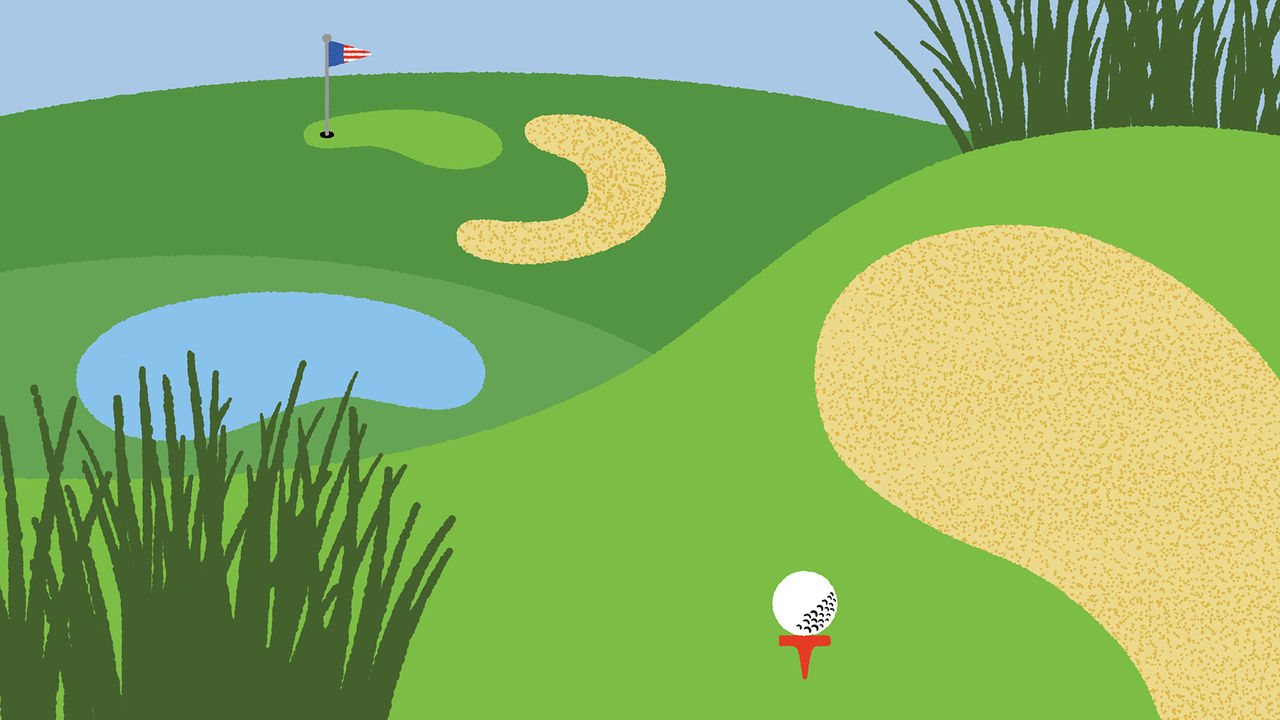
The Economist
In September 2013, The Economist published an article explaining whether or not it is left- or right- wing. The publication said it is "neither. We consider ourselves to be in the "radical centre."
The article continues:
"The Economist was founded in 1843 by James Wilson, a British businessman who objected to heavy import duties on foreign corn. Mr Wilson and his friends in the Anti-Corn Law League were classical liberals in the tradition of Adam Smith and, later, the likes of John Stuart Mill and William Ewart Gladstone. This intellectual ancestry has guided the newspaper’s instincts ever since: it opposes all undue curtailment of an individual’s economic or personal freedom. But like its founders, it is not dogmatic. Where there is a liberal case for government to do something, The Economist will air it. Early in its life, its writers were keen supporters of the income tax, for example. Since then it has backed causes like universal health care and gun control. But its starting point is that government should only remove power and wealth from individuals when it has an excellent reason to do so."
According to the 2014 Pew Research Study, Where News Audiences Fit on the Political Spectrum, the majority of The Economist readers hold political values to the left-of-center. Seventeen percent of The Economist's audience is conservative (compared with 26% of all respondents to the survey).
I , Ishiba Shigeru joined the golf club. But he abandoned the sport after entering politics. The elitist hobby did not suit his image as a man of the people from rural Tottori, in Japan’s west (never mind that, like many Japanese politicians, he descends from a political dynasty). His loyal grassroots following ultimately helped him to become his country’s prime minister. Alas, a good short game would have been an asset in one of his most important tasks as Japan’s leader: managing the relationship with America’s mercurial president, Donald...











